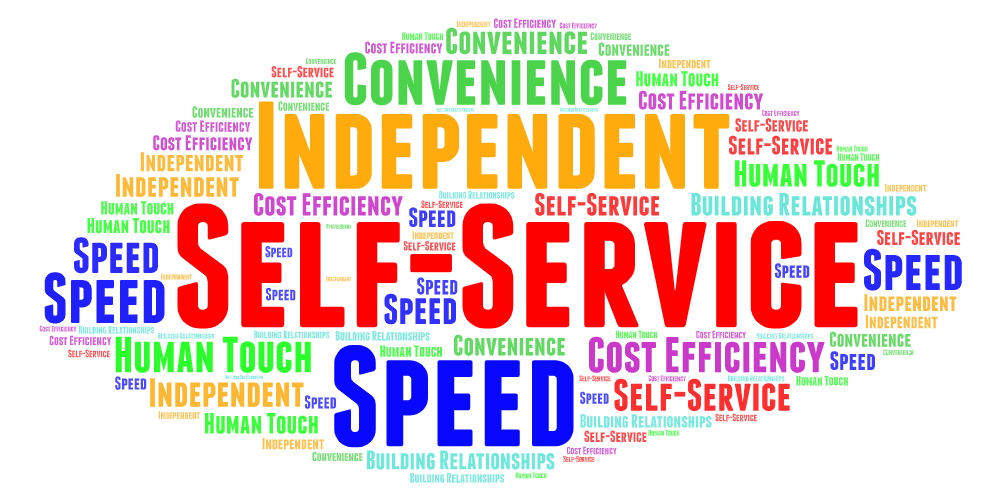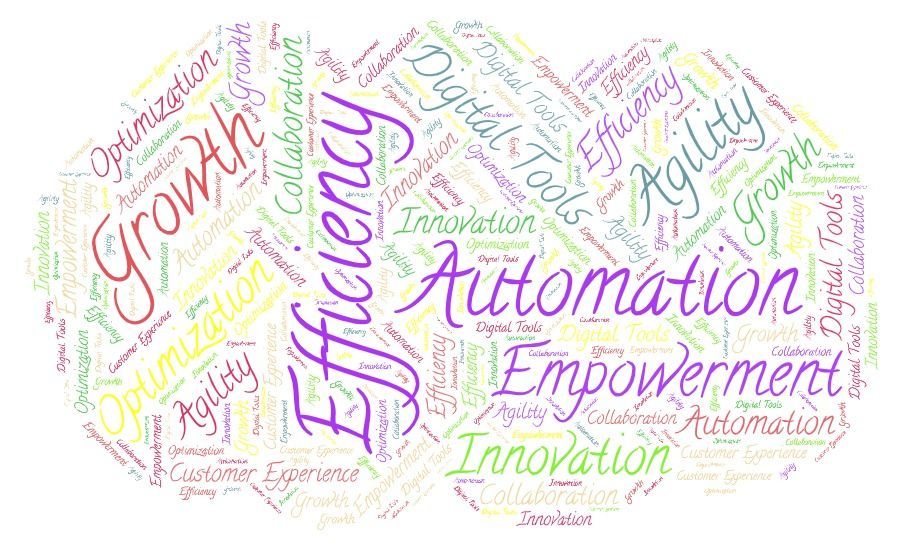The Evolution of Customer Service: A Journey from Personal Touch to AI Efficiency
The Evolution of Customer Service: A Journey from Personal Touch to AI Efficiency
Customer service has always been the cornerstone of successful business operations. It is the bridge between a business and its customers, a critical factor in building trust, loyalty, and a positive reputation. As we delve into the history of customer service, we witness a fascinating transformation from personal, face-to-face interactions to the digital, AI-driven engagements of today.
The Personal Era of Customer Service
In the early days, customer service was inherently personal. Business was conducted within small communities where merchants knew their customers by name. The service was direct, with a handshake often sealing deals and resolving any issues. This era was defined by personal accountability and a strong sense of community.
The Technological Revolution
The invention of the telephone in the late 19th century marked the first major shift in customer service. It allowed businesses to reach a wider audience and customers to seek support without the need for physical presence. This innovation laid the groundwork for the call centers and customer service departments that would become ubiquitous in the 20th century.
The Rise of the Call Center
As businesses grew and consumer markets expanded, the call center became the epicenter of customer service. It was an era of scripts, hold music, and the classic phrase, “Your call is important to us.” Despite the impersonal nature of these interactions, call centers allowed businesses to manage large volumes of customer inquiries efficiently.
Entering the Digital Age
The advent of the internet and the proliferation of personal computers in the late 20th century ushered in a new era of customer service. Email and live chat became standard tools for customer support, providing more immediate and convenient ways for customers to connect with businesses.
The Instant Society
With the rise of social media and mobile technology, we have entered an age of instant gratification. Customers now expect real-time responses and 24/7 availability. Social media platforms have become public forums for customer service interactions, with businesses under the spotlight to resolve issues swiftly and publicly.
AI: The New Frontier
Today, we stand on the cusp of a new frontier in customer service: artificial intelligence. AI chatbots and virtual assistants are becoming increasingly sophisticated, capable of handling a wide range of customer service tasks. They offer the promise of instant, accurate, and personalized service at any time of day.
The Benefits of AI in Customer Service
AI technology offers several advantages in the service sector. It can handle routine inquiries without human intervention, freeing up customer service representatives to tackle more complex issues. AI can also analyze vast amounts of data to provide personalized recommendations and support, enhancing the customer experience.
The Human Touch in a Digital World
Despite the advances in technology, the human element remains crucial in customer service. Empathy, understanding, and the ability to connect on a personal level are qualities that AI cannot replicate. Businesses must strike a balance between efficiency and personalization, ensuring that technology enhances rather than replaces the human touch.
Looking to the Future
As we look to the future, we can expect customer service to continue evolving. Augmented reality, virtual reality, and other emerging technologies have the potential to transform customer service even further. However, the core principles of customer service—respect, responsiveness, and reliability—will remain unchanged.
Conclusion
The evolution of customer service reflects the broader changes in society and technology. From face-to-face encounters to AI chatbots, the way businesses interact with their customers has changed dramatically. Yet, the goal remains the same: to provide a positive experience that meets the needs and expectations of the customer. As we embrace the advancements of the digital age, we must remember the value of the personal touch that has always been at the heart of customer service.









